Gezi: What’s Next?
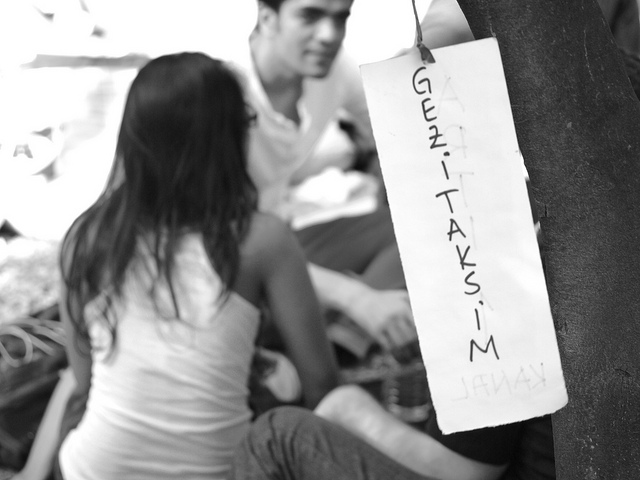
Social movements are meant to bring a social change. But do they? “In the Aftermath of Gezi – From Social Movement to Social Change”, a seminar held in Istanbul May 4-5 2015, aims at answering the question with a case of Turkey.
What started as a protest against the replacement of Gezi Park turned out to grow into a nationwide movement, which spread to nearly 70 cities around Turkey. Occurrence of the “unanticipated political revolution” indicated that the boiling point was reached and the society took to the streets to express its discontent. A 2-days program of the seminar held by MICS explores the phenomena of Gezi in terms of government strategies for response, tactics of resistance and communication for social change itself.
“Although this defense line first aimed to protect existing things, within the organization of life in Gezi Park, in the long run, rather than being a defense line, it started to create future imaginations and new forms of relations and spaces that included all of us,” writes Professor Zeyno Pekünlü.
Violence during the protests is a communications tool too and can be defined as a form of “strategic stupidity”, in Ronald Stade’s words. An analysis of the governmental control of the public and political space and attempts to dehumanize protesters will be presented in the first part of our co-organized seminar about the movement.
Liminality of Gezi, collective memory construction and the emergence of spaces of opposition will be discussed in the section on strategies of resistance and the consequences of the movement. Following from this, participants will elaborate on the role of communication tools, social media in particular. Could Facebook, Twitter and alike be an alternative to mainstream media that might lack efficiency to provide information nationwide? Moreover, how to bring a local case on the global map with the help of communication tools?
Please see the full program and the list of participating scholars and stay updated about the seminar and its outcomes on our Facebook and Twitter pages.
About MICS:
The seminar is organized by MICS, which is a network for Nordic and Eurasian scholars within the humanities and social sciences. The Swedish-Danish core team consists of senior scholars from the Swedish Research Institute in Istanbul (SRII), Malmö University, Roskilde University (RUC) and the Danish Institute for International Studies (DIIS). Its acronym stands for Migration, Identity, Communication and Security in Eurasia. MICS organizes international workshops for academics from all career stages, from PhD to renowned professors. Each workshop is aimed specifically at one of the 4 parts of its research interest.
Image via Flickr
 New PhD opportunities at the University of Leicester
New PhD opportunities at the University of Leicester Call for Abstracts: New Directions in Media, Communication and Sociology (NDiMS) Conference
Call for Abstracts: New Directions in Media, Communication and Sociology (NDiMS) Conference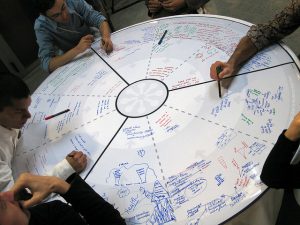 Ørecomm Team to Gather at the University of Coimbra
Ørecomm Team to Gather at the University of Coimbra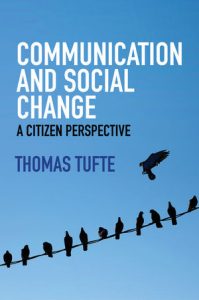 “Communication and Social Change – A Citizen Perspective” Published
“Communication and Social Change – A Citizen Perspective” Published C4D Network to Sum Up Global Communication for Development Practice
C4D Network to Sum Up Global Communication for Development Practice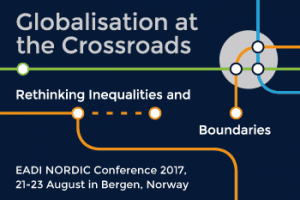 Entering Media and Communication into Development Conferences?
Entering Media and Communication into Development Conferences?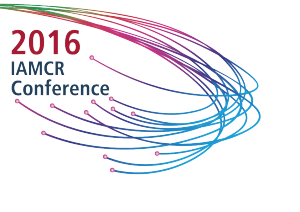 IAMCR Conference 2016: Communication for Development Highlights
IAMCR Conference 2016: Communication for Development Highlights Glocal Classroom Revisited – Storytelling & Social Change Leicester-Malmö
Glocal Classroom Revisited – Storytelling & Social Change Leicester-Malmö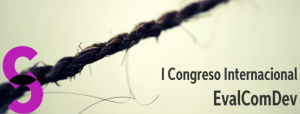 I EvalComDev International Conference: Call for Papers
I EvalComDev International Conference: Call for Papers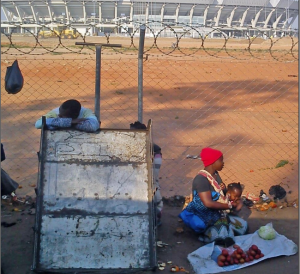 Looking for Media and Communication in Development Conferences: Devres 2016
Looking for Media and Communication in Development Conferences: Devres 2016